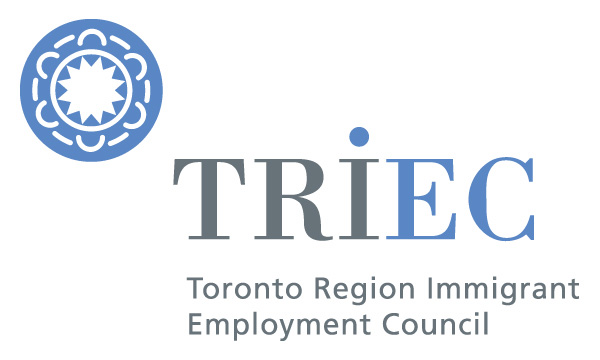Diversity and immigration are important parts of Canada’s past, present and future.
 Canadians have built a prosperous and civil society, one rich in opportunity, that people of many different cultures call home. Our economic strength is derived from the combination of what we all have in common and what makes each of us different.
Canadians have built a prosperous and civil society, one rich in opportunity, that people of many different cultures call home. Our economic strength is derived from the combination of what we all have in common and what makes each of us different.
Canada welcomes almost a quarter of a million permanent immigrants each year – one of the highest rates of all developed countries. It is projected that 28 per cent of Canadians will be foreign-born by 2031 up from 20 per cent today. Canada must remain a destination of choice for skilled immigrants – entrepreneurs, professionals, scientists. Talent is more mobile and potential immigrants have more choices than ever before, with predictions of skills shortages for many developed economies. Simply opening our doors is not enough.A 2012 RBC Economics study found that if immigrants were earning equal pay to Canadian-born peers, personal income would be $31-billion higher – more than 2.1 per cent of Canada’s GDP. This means we are failing to tap the full potential of these highly skilled people, and the full economic potential of our nation.
Our diverse population is only an advantage to the extent we are inclusive. Full inclusion means everyone feels enabled to bring their perspectives, knowledge and experiences to the table. Diversity, together with inclusion, plays a central role in driving productivity, innovation and growth.
We are building the next phase in the growth of our great country in an era of economic interdependence, shifting demographics and wars for talent. A work force with global experience is a competitive advantage. International experience is an asset to business. Too often, we hear that newcomers with no Canadian experience would be hard to fit into the Canadian work force. In truth, international experiences relate directly to the modern Canadian context.
Business leaders – no matter the size of the company or the industry – should play an active part. A simple place to start is in guiding your company to increase diversity and to be inclusive. We all have and are impacted by systemic and unconscious biases; rather than acting as if they don’t exist, we must find ways to identify them and develop strategies to compensate for them.
Governments need to continue to work together to find ways to improve labour-force participation for recent immigrants. They need to continue addressing interprovincial barriers to job movement and invest substantially in bridge training programs, which help immigrants settle and prepare to enter our labour market. Immigration policies can encourage integration, education, support for community centres and funding for cultural activities.
We study history to learn from our past so we can help shape our future. The lesson of our history is clear and points the way to future economic prosperity and success: Canada has relied on diversity and immigration to build a prosperous economy and will continue to do so in the years ahead. We are good at it, but we need to get better to maintain that competitive edge.
Published
http://www.theglobeandmail.com/globe-debate/headline/article18584128/








